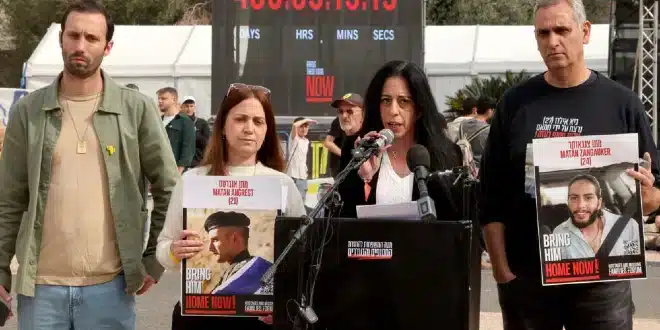In what constitutes a major effort toward de-escalation, a ceasefire is scheduled to take effect this Sunday morning in the conflict involving Israel and Palestinian groups from Gaza. After weeks of aggression and destruction on both sides, Israeli authorities have reportedly agreed to an Egypt-brokered truce aimed at ending an uptick in violence that took its worst turn in years.
The latest violence in Gaza erupted after a number of escalations that included everything from airstrikes to missiles to ground operations. It had resulted in heavy civilian casualties apart from the broad damage to infrastructure, at the same place where a continuing humanitarian crisis is threatening the Gaza Strip. Violence brought international attention through countries and agencies that urged a complete stop of the conflict without further delay.
Mediation efforts had been ongoing for weeks, and regional powers including Egypt and Qatar have played an influential role in trying to broker the talks between the parties. In addition, there has been involvement by the United Nations and the United States in calling for a ceasefire, above all to preserve civilian lives and prevent further aggravation.
Points of Ceasefire Agreement
The ceasefire deal is said to have a host of engagements to ensure stability and avoid further violence. This agreement entails, among others:
- Cessation of all military operations by both Israel and Palestinian factions.
- Commitment to the re-opening of crossing points in the Gaza strip to allow normal goods and humanitarian access into the territory.
- Commitment to finding lasting answers for the people of Gaza on humanitarian grounds regarding health facilities and rebuilding.
- Machinery for monitoring compliance by both parties.
While the details of this agreement remain unknown at this time, cautious optimism emanated from both parties, relating to this, in the hope of sustainability of this very ceasefire.
Day International Reactions
The international community has welcomed the announcement of a ceasefire with feelings of relief and hope. World leaders and humanitarian organizations have welcomed the decision, underlining that peace needs to be guarded and the root causes of the conflict brought into the spotlight.
The UN Secretary-General called on all sides to stand by the deal and work for something more permanent for lasting solution. Similarly, the European Union and the United States called for restraint and underlined the need for alleviation of humanitarian woes in Gaza.
While the ceasefire represents a critical step toward peace, significant challenges remain. Historically, ceasefires in the region have been fragile, with both sides often accusing each other of violations. The success of this agreement will depend on the commitment of both parties to honor their obligations and the effectiveness of the mechanisms in place to monitor compliance.
Another major challenge remains the addressing of root causes of the conflict. Issues at the forefront, like territorial disputes over access to resources and political recognition, continue to be a source of tension. Without one clear, enduring solution, the risk of future escalations will remain elevated.
Moreover, the humanitarian situation in Gaza remains critical. Besides the repetitive violence, years of blockade have turned the majority of its population dependent on international aid. Rebuilding will require much investment and support from the international community, neither of which may be feasible for long.
From the Humanitarian Viewpoint
The ceasefire brings some hope to the people of Gaza after days of fear and damage. Several families have been displaced and have lost access to food, water, and any form of medical care. Reopening the border crossings will be a great boon, allowing humanitarian loads with basic supplies to get through.
The various on-ground organizations are now gearing up their operations to cater to the requirements of the needy. Yet they emphasize that if this offensive is stopped, it must also be translated into work in the fields that contribute to improving living standards in this troubled region.
Success for the ceasefire will be realized in the coming days, which calls for restraint and serious commitment to peace from Israel and the different Palestinian factions. International stakeholders need to be consistently involved in support and, when necessary, in putting pressure to ensure this agreement holds.
This cannot be achieved with a ceasefire alone; what is needed for long-term stability is sustained dialogue, mutual understanding, and removal of the lingering bitterness. However fraught the path to peace might be, it is a major step in the right direction.
The Gaza cease-fire that took effect on Sunday morning is a much-needed break in hostilities that has inflicted so much damage on both sides. While the challenges going forward are significant, the approval of the ceasefire by Israeli authorities and the involvement of international mediators signal a collective desire for peace. Going forward, all parties must work together to ensure that this agreement is upheld and to pave the way toward a more stable and prosperous future in the region.


